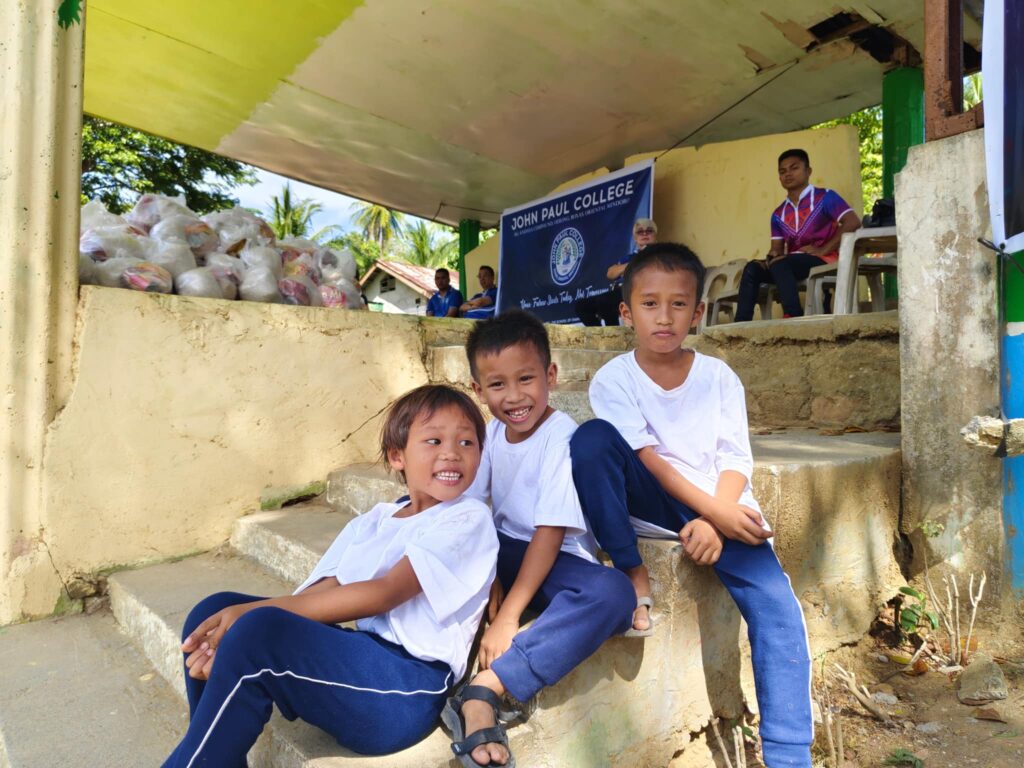
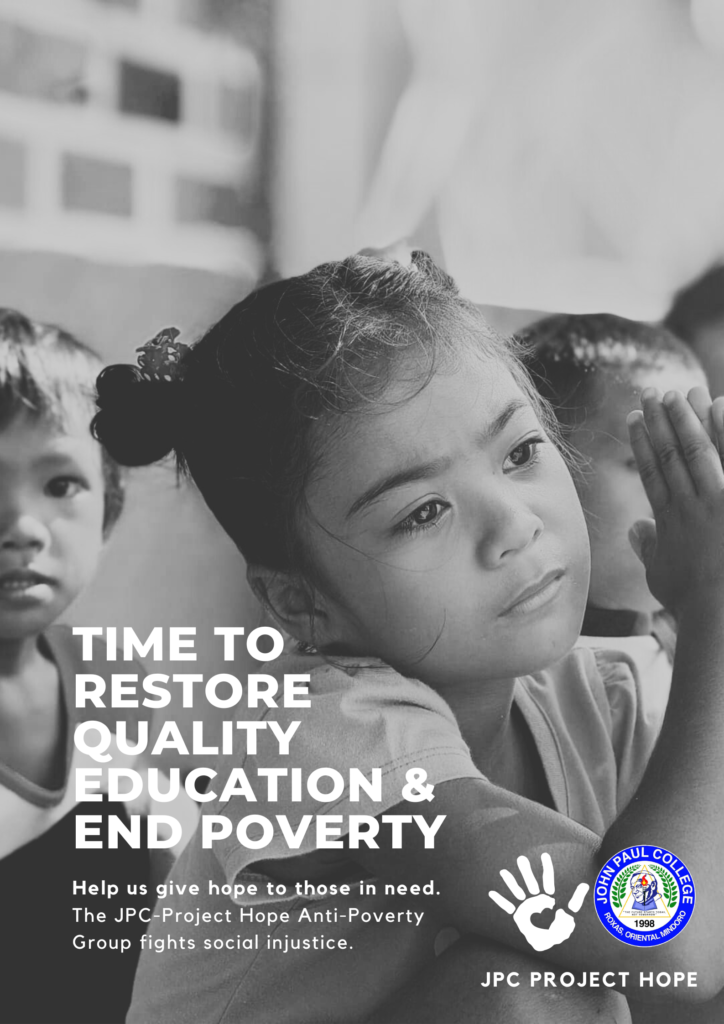
PROJECT HOPE has made a significant impact on the Dangkalan community since its inception. The program was designed with a clear mission: to elevate the quality of life and education within the community, fostering a culture of continuous learning and development. Over the years, PROJECT HOPE has successfully implemented various initiatives that have brought about positive change and growth.
One of the most notable impacts of PROJECT HOPE is the improvement of educational infrastructure. The program has funded the construction of new classrooms, ensuring that students have a conducive learning environment. Additionally, PROJECT HOPE has provided essential educational resources, such as books, computers, and other learning materials, which have greatly enhanced the quality of education. These efforts have not only benefited the students but also the teachers, who now have access to better tools and facilities to support their teaching.
PROJECT HOPE has also focused on providing scholarships to deserving students, enabling them to pursue higher education and achieve their dreams. This initiative has opened doors for many young individuals who otherwise would not have had the opportunity to continue their studies. By investing in the education of these students, PROJECT HOPE is helping to create a brighter future for the entire community.
In addition to improving educational infrastructure and providing scholarships, PROJECT HOPE has organized numerous workshops and training sessions for teachers. These professional development opportunities have equipped educators with the skills and knowledge they need to deliver high-quality education. As a result, the overall standard of teaching in the Dangkalan community has improved, leading to better learning outcomes for students.
The program's impact extends beyond the classroom. PROJECT HOPE has also been instrumental in fostering a sense of community and collaboration. By partnering with local government units, non-governmental organizations, and private sector partners, the program has been able to leverage additional resources and expertise. These collaborations have not only ensured the sustainability of PROJECT HOPE's initiatives but have also strengthened the community's capacity to address its own challenges.
Looking ahead, PROJECT HOPE aims to further deepen its impact by establishing a community learning center. This center will serve as a hub for educational activities, vocational training, and community engagement, providing a space for lifelong learning. By continuing to focus on long-term goals and expanding its advocacy efforts, PROJECT HOPE is poised to make a lasting impact on the lives of the Dangkalan community and beyond.
In summary, PROJECT HOPE has made a profound difference in the Dangkalan community by improving educational infrastructure, providing scholarships, enhancing teacher training, and fostering community collaboration. The program's ongoing efforts and future plans promise to bring even greater benefits to the community, region, and country.
Project HOPE : (Holistic Opportunities for Progress and Empowerment) A JPC’s Charity Program
Project HOPE is an initiative designed to address the multifaceted challenges faced by the marginalized community of Sitio Dangkalan, Brgy. San Roque, Bulalacao, Oriental Mindoro. This started out as an initiative of JPC’s President to distribute Christmas gifts every December to Dangkalan community.
This concept of gift giving has expanded beyond its initial purpose and became an annual program which is now running for five years. This shift reflected a growing understanding of the interconnected nature of poverty and their need for holistic solutions. Over time, Project HOPE has developed into a multifaceted ingenuity that underscores its commitment to making a meaningful and sustainable impact on the lives of those it serves. By providing a holistic approach, the project aims to empower individuals and foster sustainable development in the community. It seeks to create a supportive environment where individuals can reach their full potential. This emphasizes JPC’s efforts to build a resilient community and create a more equitable society by addressing the interconnected issues of poverty, inequality, and limited access to resources.
JPC acts as a resource hub, offers guidance and support, and encourages community members to take ownership of their own development to create a brighter future. They provide essential resources like learning materials, scholarship grants, and other educational needs to increase the level of well-being of minorities. They also facilitate collaboration, offering mentorship like the conduct of medical check-ups including medical and dental services, blood pressure and glucose test, haircut, and circumcision for boys. In addition to this, there are trainings for first aid and other skills training being conducted. They facilitate future employment though industry linkages and partnership to advocate for change. This highlights JPC’s role in fostering a thriving community ecosystem where everyone can flourish.
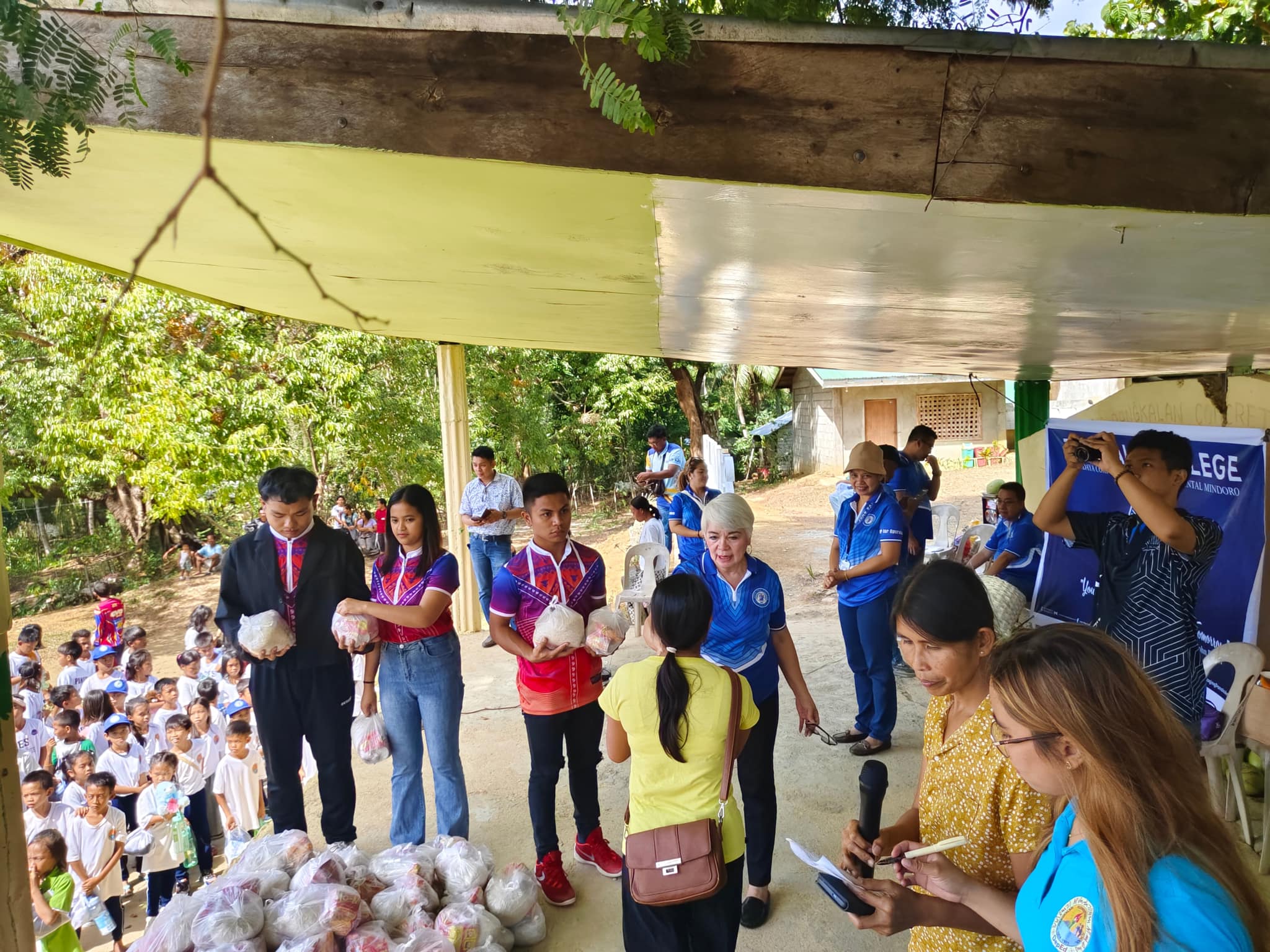
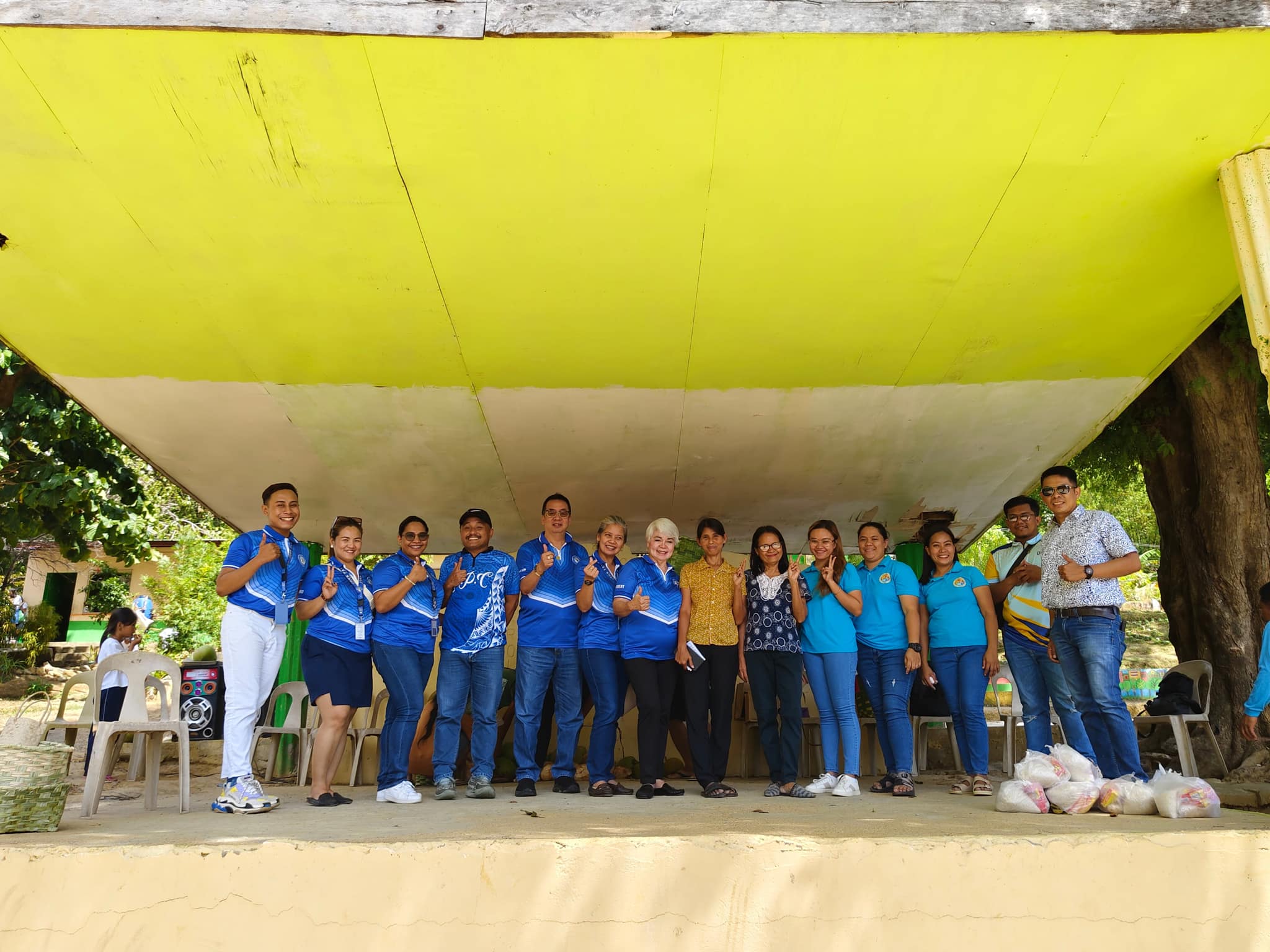
Nature/Society
Dangkalan Elementary School is located in a coastal I.P area and is considered as a far-flung community with reports from the local government unit of early marriage, limited medical support, poor livelihood and insufficient access to social services. With the initiation of John Paul College through its Project HOPE, the community is able to meet and address issues in the area. Project HOPE is made possible with the assistance of the institution and its partnered agencies. Through our joint efforts, we believe we can make change happen.
December 2020
Project HOPE, a community-driven effort, started with a simple act of kindness: giving gifts to indigenous children during the holiday season. However, as the initiative progressed, it became evident that a broader approach was required to address the underlying causes of poverty and inequality. Today, it provides a diverse range of programs and services aimed at empowering individuals and communities, including education and skill development, health and wellness, economic empowerment, and community development.
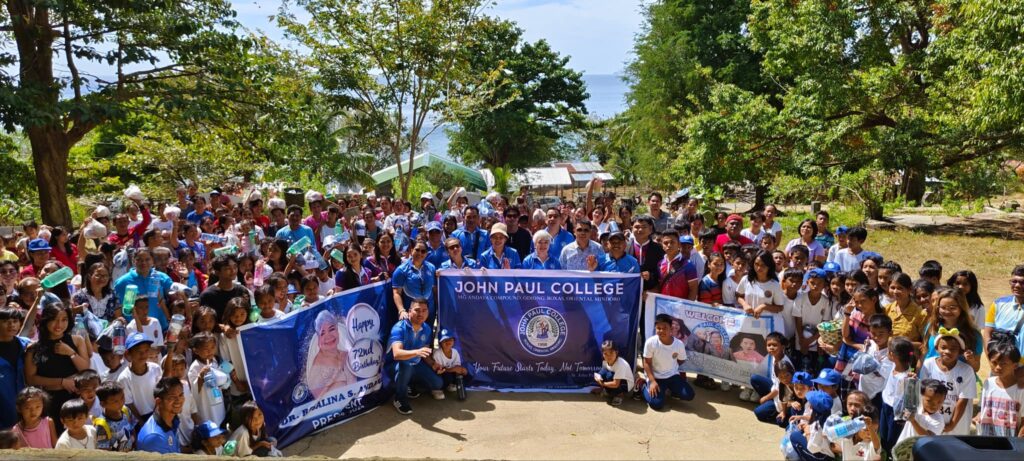
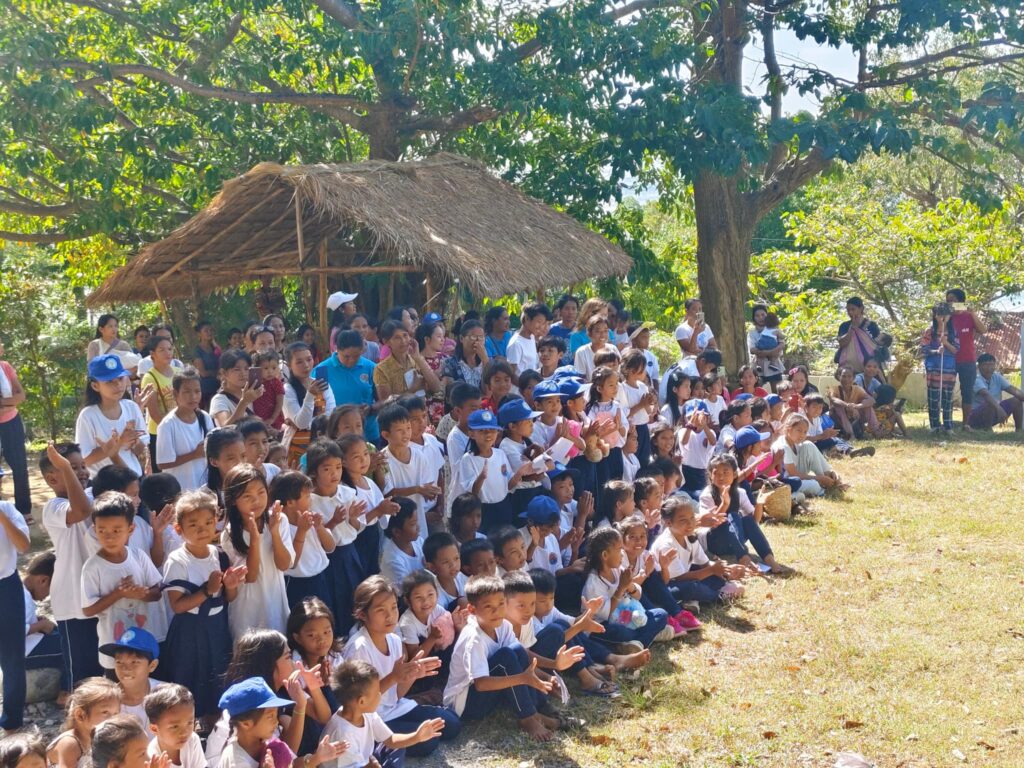
256 elementary pupils and their families. They started out when they were in Grade 1 and these pupils are now in Grade 6.
The primary difference between Project HOPE and traditional approaches is its holistic focus. While traditional programs often address specific issues in isolation, Project HOPE takes a comprehensive approach that recognizes the interconnected nature of poverty, inequality, and limited access to resources.
Here's a breakdown of the key differences:
Holistic focus: Addresses multiple aspects of poverty and inequality simultaneously. Systems approach: Considers the broader social, economic, and environmental factors that impact communities.
Sustainable solutions: Aims to create long-term change by empowering individuals and strengthening communities.
By adopting a holistic approach, Project HOPE is able to provide more effective and sustainable solutions to the challenges faced by Dangkalan community.
Impacts on students
Project HOPE: Giving Aid in Need of John Paul College involves pupils of Dangkalan Elementary School to engage in diverse activities of the project. The project gives pupils an opportunity to improve their access to resources, tutoring and incorporating life skills and practical knowledge for real-world application. Their involvement in the program initiated by the multifaceted approach of the Project HOPE is likely to lead to a more well-rounded educational experience empowering them not only academically but also as engaged, responsible community members.
